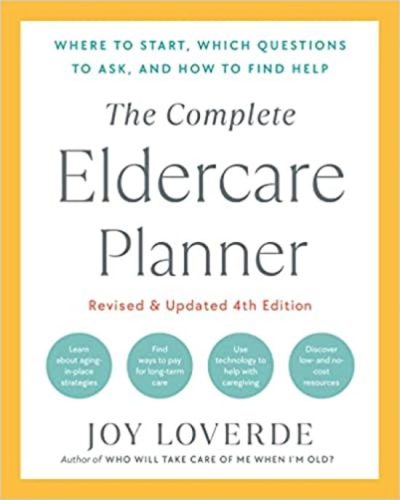Managing the care of parents and others requires updating our mindsets to fit the situation. On any given day we grapple with questions like: Who makes the decisions? Who pays for what? We also ride the daily emotional rollercoaster, simultaneously feeling sad, angry, guilty, loving and helpless and often wonder if we are “losing it.”
My personal approach to family caregiving is based on anticipating future situations and staying real to present situations. Managing eldercare is like playing chess. They make a move. I counter the move. Or I go first, and they counter. Flexibility in mind and body on my part is a must.
Be proactive not reactive. This is my eldercare mantra.
The American family has undergone big changes – nobody’s home anymore. We spend most of our time at work, at school, and at play. Because of this modern-day reality, we are better off figuring out early on who else will be helping us. Limitations of personal and professional relationships, time, distance, finances, stamina, and skill dictate how much help we can realistically offer.
Plus, dealing with eldercare from long distance is almost the same as dealing with strangers — there can be so much you do not know.
Here are a few tips from my book, The Complete Eldercare Planner on sharing the care and lightening your load:
Create a care team. The help that you receive from a more informal network of support may be more readily available, reliable and affordable than paid care providers. Make a list of people who can help you: siblings, friends and neighbors, and community volunteers. If your elders belong to a religious community, what support services do they offer members?
Use technology. Checking in regularly. Besides using the telephone to check in, download apps and monitors with cameras. Of course you’ll have to check ahead of time how willing your elder is being observed from time-to-time. Type “home-monitor system” in your Internet search engine for a variety of products and services that make keeping in touch a snap.
Find out who knows your elders. The old-fashioned method of getting to know your elders’ friends and neighbors is nothing less than a life-saver. Introduce yourself. Exchange contact information. Make sure your elder’s trusted and closest neighbor has 24-hour access to getting into your parents’ house in an emergency.
Make a list. Decide what kind of specific help you need and write it down. If anyone ever says to you, “What can I do?” let them pick from your list. Update your list regularly since your needs and the needs of your elders will certainly change. If you have family members who are reluctant to help, ask them to contribute financially as a way to be of assistance; then you decide how to make the best use of the money.
Identify a network of professionals. Eldercare services are a telephone call away. Visiting nurses, case managers, transportation providers, professional shoppers, bookkeepers, bathing services, legal and financial advisors, and others are members of a growing network of professionals who make house calls.


